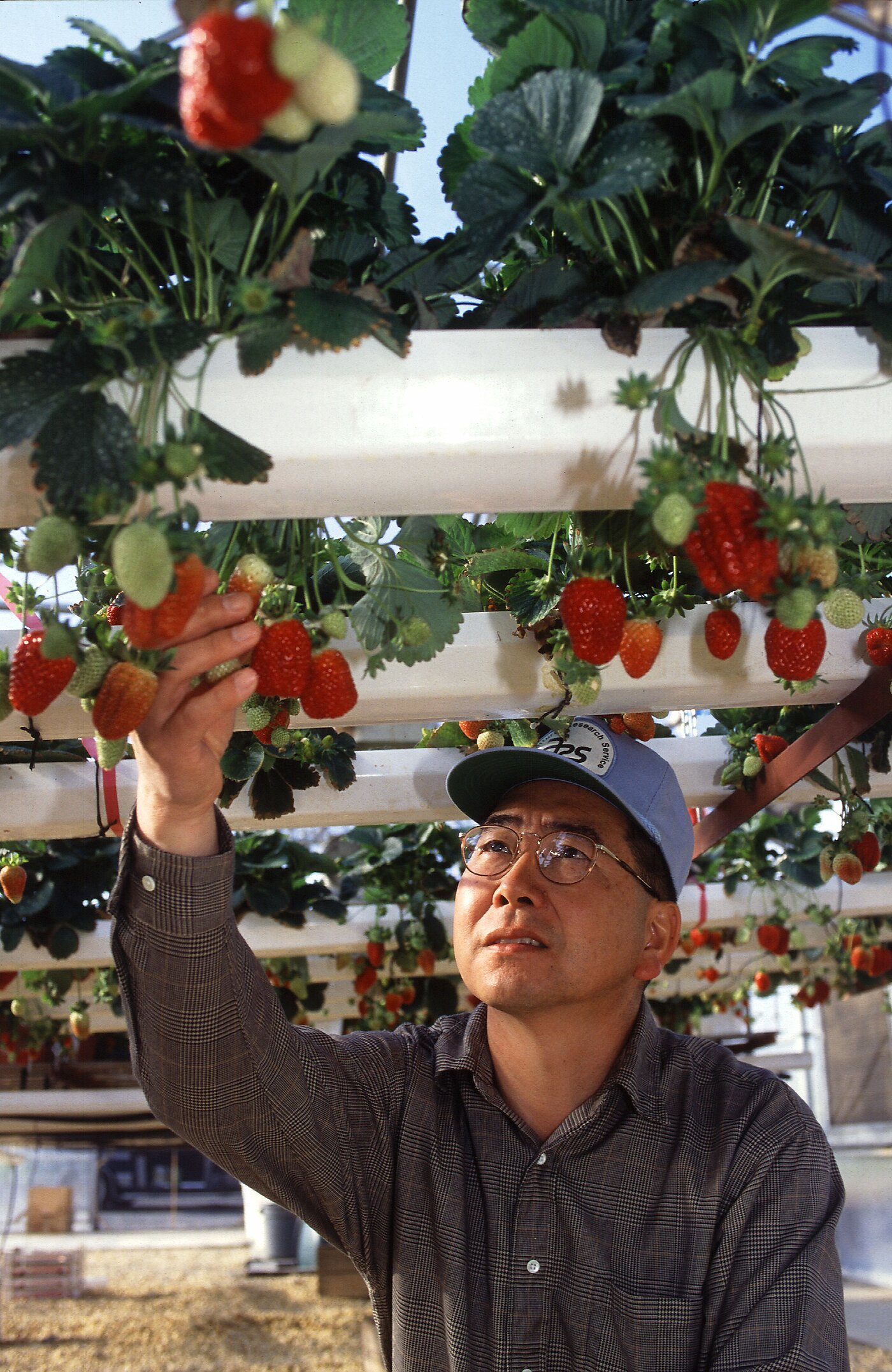Each time the government defines the characteristics of an acceptable product, some competition in the market is lost. The New York Times published an article on Wednesday that illustrates this perfectly.
The 1990 Organic Foods Production Act instructs the Department of Agriculture to set up a process for certifying food as organic. As part of that certification, organic farmers develop organic plans that “contain provisions designed to foster soil fertility, primarily through the management of the organic content of the soil through proper tillage, crop rotation and manuring.”
Should plants grown hydroponically be allowed under an organic plan? Hydroponic farming does not use soil, but instead uses nutrient-rich water. The futuristic technique is intended to be environmentally friendly and healthful—the same intention as organic farming. Yet in 2010 the National Organic Standards Board recommended to the secretary of agriculture that hydroponically grown plants be ruled ineligible for organic designation. The secretary of agriculture never acted on the recommendation.
David Chapman, an organic farmer in Vermont who has been a leader of the opposition to certifying produce from the hydroponic systems, said he would be driven out of business if the Department of Agriculture declared hydroponically grown tomatoes could be certified as organic. “Most people have no idea that the organic tomatoes and peppers they’re buying are hydroponically grown,” Chapman said. “I think most consumers believe those things are grown in the soil, and that farmers like me are taking care of the soil as they grow them.”
Colin Archipley, a hydroponic farmer in San Diego, is frustrated that there is even a debate over whether his produce is organic. “The reason this has become such a big deal is that systems like ours are becoming more popular because they’re more efficient, which means farmers are more sustainable and profitable,” he said. “That’s put competition on farmers, specifically in Vermont, and so what this really is about is market protection.”
The founders of our country understood that government should not arbitrate the struggles among competing religions and certify one rather than the others as state-sanctioned. Such insight applies not just to divine matters, but to profane ones like whether hydroponically grown food is or isn’t organic. Let consumers decide in the marketplace whether they think hydroponics is a good thing, rather than government decide through regulation.

